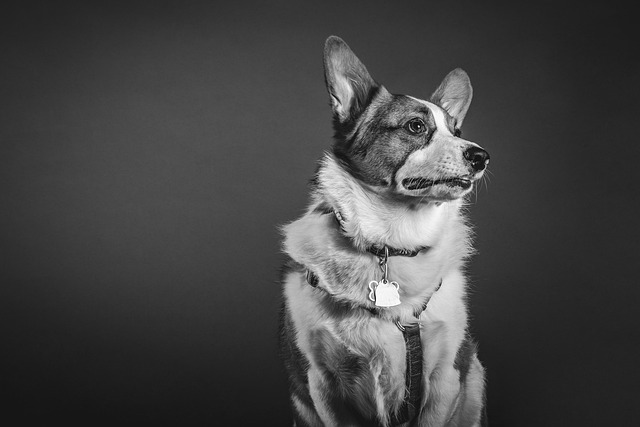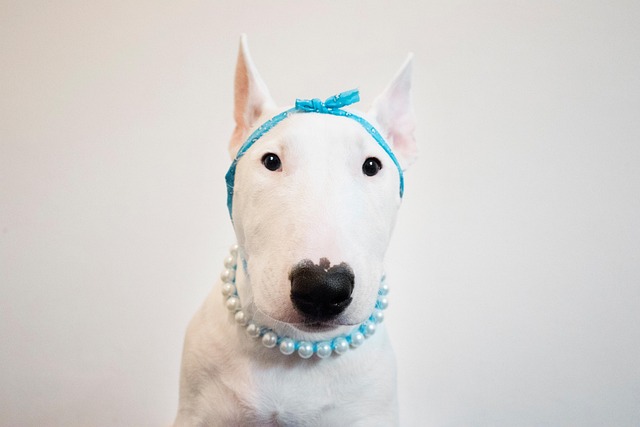New puppy parents often wonder how to keep their tiny, wiggly friends safe—and vaccines are a big part of that answer. Figuring out the right number and timing can feel confusing, but breaking it down step by step makes it easier.
Puppies start their vaccine journey young—usually around 6 to 8 weeks old—because their mother’s milk stops protecting them from illnesses around that time. The first round typically includes core shots, which guard against serious, life-threatening diseases like parvovirus and distemper. Think of these as the foundation; skipping them can leave your little one vulnerable, especially when they start exploring parks or meeting other dogs.
Most puppies need a series of 3 to 4 core vaccine doses, spaced 3 to 4 weeks apart, to build up strong immunity. The final dose usually happens between 16 and 18 weeks old. Some areas also recommend non-core vaccines, like for Bordetella (which causes kennel cough) if your puppy will go to daycare or grooming salons. Always check what’s required locally—many cities mandate certain core vaccines to keep public spaces safe for all pets.
 Before scheduling vaccine appointments, confirm your vet is licensed and follows regional guidelines. For example, some states require proof of rabies vaccination by a certain age, and failing to comply can lead to fines or even legal issues. It’s not just paperwork; rabies is a fatal disease that can spread to humans, so this rule exists to protect everyone in your community.
Before scheduling vaccine appointments, confirm your vet is licensed and follows regional guidelines. For example, some states require proof of rabies vaccination by a certain age, and failing to comply can lead to fines or even legal issues. It’s not just paperwork; rabies is a fatal disease that can spread to humans, so this rule exists to protect everyone in your community.
After each vaccine, keep an eye on your puppy for mild side effects—like a slight fever or sleepiness for a day. If they refuse food, have swelling at the injection site, or seem overly lethargic, call your vet right away. These reactions are rare, but catching them early ensures your puppy stays healthy. Also, avoid taking your puppy to busy dog parks until they’ve had all their shots—this lowers their risk of picking up germs before they’re fully protected.
Once your puppy finishes their initial vaccine series, they’ll need booster shots to keep immunity strong. The timing varies by vaccine: some boosters are due a year later, while others can wait 3 years. Mark these dates on your calendar or set reminders with your vet—staying on track keeps your puppy safe and keeps you compliant with local pet laws. Vaccines aren’t just a chore; they’re a way to give your puppy the healthy, happy start they deserve.

 Before scheduling vaccine appointments, confirm your vet is licensed and follows regional guidelines. For example, some states require proof of rabies vaccination by a certain age, and failing to comply can lead to fines or even legal issues. It’s not just paperwork; rabies is a fatal disease that can spread to humans, so this rule exists to protect everyone in your community.
Before scheduling vaccine appointments, confirm your vet is licensed and follows regional guidelines. For example, some states require proof of rabies vaccination by a certain age, and failing to comply can lead to fines or even legal issues. It’s not just paperwork; rabies is a fatal disease that can spread to humans, so this rule exists to protect everyone in your community.



